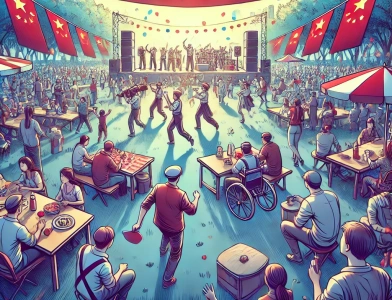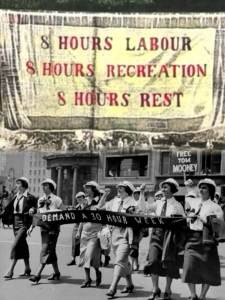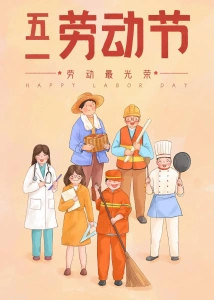
Labor Day, known as “五一劳动节” (May Day), is a significant public holiday in China, traditionally observed from May 1st. This holiday not only marks the celebration of labor and workers’ rights but also heralds the beginning of one of the peak travel seasons in the country. Unlike many countries where Labor Day is primarily a one-day celebration, China’s version extends to a multi-day national holiday, allowing citizens several days of rest and travel. In 2025, Labor Day in China will officially be celebrated from May 1st to May 5th, providing a five-day long weekend to honor workers and celebrate their contributions to the nation’s economy.
Labor Day has its origins in the labor union movements of the late 19th century, particularly in the United States and Europe, where it became a day to protest labor conditions and to demand worker’s rights. In China, Labor Day was first celebrated in 1919, influenced by the international labor movement. It became a national holiday in 1949, after the founding of the People’s Republic of China. The day serves as a reminder of the workers’ struggles and the advancements in labor rights and working conditions throughout the country’s history.

During Labor Day, various events and activities take place across China. The government often organizes festivities that include cultural performances, speeches, and ceremonies honoring workers. Many cities host concerts, public art displays, and other community events. For most Chinese, it’s also a time to relax and travel, taking advantage of the extended holiday to visit family or explore different parts of the country.

Labor Day in China celebrates the economic and social achievements of workers. It is a day dedicated to the laborers and working class, recognizing their contribution to the nation’s growth and prosperity. The holiday also underscores the importance of labor rights and the ongoing efforts to improve working conditions and quality of life for all workers in China. It connects with international labor movements, reflecting a global solidarity among workers for fair treatment and better wages.
With the extended weekend, Labor Day is an excellent time for travel and tourism within China. Popular destinations include major cities like Beijing, Shanghai, and Guangzhou, as well as scenic spots such as the Yellow Mountain and the Li River. Travel agencies offer special packages, and many tourist attractions have extended hours. It’s advisable to book travel and accommodation well in advance, as this is one of the busiest travel periods of the year.
It is generally not recommended to travel to China during the Labor Day holiday due to significantly increased costs and overcrowded tourist sites. Hotel rates and airfares typically soar during this period, and major attractions are often packed with visitors. For those planning to visit China in April or May, it is wise to avoid the Labor Day holidays to enjoy a more relaxed and cost-effective trip.
On Labor Day, it’s common to exchange greetings and well-wishes. Phrases like “五一快乐” (Happy May Day) and “劳动节快乐” (Happy Labor Day) are widely used. These expressions convey respect and appreciation for the hard work and dedication of workers, and are often accompanied by cards, messages, and posts on social media platforms.
Below is a summary of the Labor Day holiday dates over the past decade, providing an overview of the holiday durations each year in China:
Learn dates, customs, and celebrations of major Chinese holidays to effectively plan your vacations and trips.
